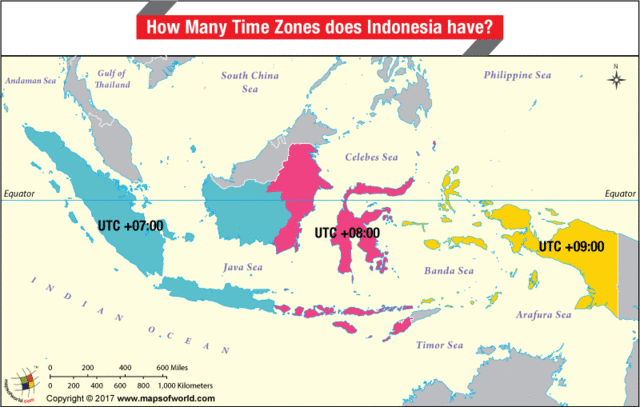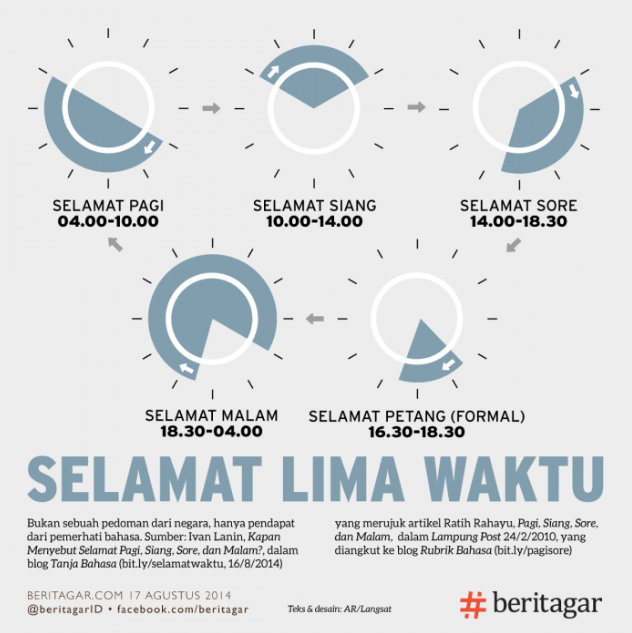Welcome to the island of Bali, where time seems to take on a
rhythm of its own!
Join us as we delve into the intricacies of Bali's time
zone, unravel the nuances of its unique time designations, and explore the
enchanting concept of "Bali Time."

What time is it in Bali right now?
Bali, alongside several other major cities in the region
such as Beijing, Hong Kong, Kuala Lumpur, and Singapore, operates with a time
difference of 8 hours ahead of Coordinated Universal Time (UTC). To put it
simply, when it's noon in UTC, it's 8:00 PM in Bali.
Time Differences with Other Key Locations
- London: 8 hours behind Bali in European winter, 7 hours in European summer.
- New York: 12 hours behind Bali in summer, 7 hours in winter.
- Sydney: 2 hours ahead of Bali from March to September, 3 hours from October to April.
Exploring Indonesia's Time Zones
Indonesia has three primary time zones:
- Western Indonesian Time (WIB): UTC +7, covering Sumatra, Java, West Kalimantan, and adjacent islands.
- Central Indonesian Time (WITA): UTC +8, including Bali, Lombok, Sulawesi, Sumba, Sumbawa, Flores, East Timor, and surrounding islands.
- Eastern Indonesian Time (WIT): UTC +9, comprising Papua, the Moluccas, and adjacent islands.

When traveling to Bali, you'll be in the central time zone
(WITA), while Jakarta, the capital, operates in the western time zone (WIB).
It's crucial to be mindful of these differences, especially for scheduling
flights or making calls to Jakarta.
Deciphering Indonesian Time Designations
Indonesia has its unique system of time designations:

- Pagi - pronounced as ‘pah-gee’: Morning (4:00 AM to 10:00 AM).
- Siang - pronounced as ‘see-ung’:
Midday (10:00 AM to 2:00 PM).
- Sore - pronounced as ‘so-reh’:
Late Afternoon (2:00 PM to around 6:30 PM).
- Malam - pronounced as ‘ma-lam’:
Night (6:30 PM to 4:00 AM).
Another term, petang, pronounced
as ‘peh-tang’, refers to the late afternoon or early evening period from around
4:30 PM to sunset. It is generally considered to be a subset of the broader
time period of sore. While less commonly used and more formal,
it's understood and utilized in contexts discussing the late afternoon or early
evening.
Are You on "Bali Time" Yet?
Part of Bali’s enchantment is that here, time unfolds at its
own leisurely pace, guided by the concept of "Bali Time" or “Jam
Karet” which translates from Indonesian as ‘rubber time’.
Unlike the strict schedules of Western cultures, "Bali Time" is more flexible and laid-back.Time here expands and shrinks like rubber, bending to accommodate the rhythms of daily life and the flow of cultural traditions.
People in Bali often run late for appointments, children may arrive at school late due to unexpected rain, and even university lecturers may show up whenever they please. This reflects the island's casual attitude towards time.
Bali Time allows for a more fluid and adaptable approach to daily life, where time can stretch and compress to accommodate various activities and cultural traditions. It encourages a slower pace of life, prioritizing the present moment over strict adherence to schedules.
Conclusion
Bali's unique timekeeping traditions reveal not just the island's clocks and calendars. From time zone differences to the concept of "Bali Time," we've glimpsed a culture that values presence over punctuality.
As we depart, may we carry with us the reminder to savour each moment, for in Bali, time isn't merely kept; it's lived to the fullest.
You can add one right now!